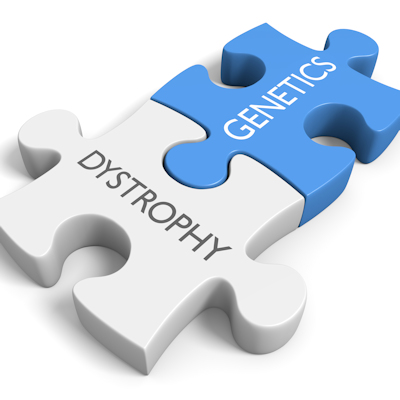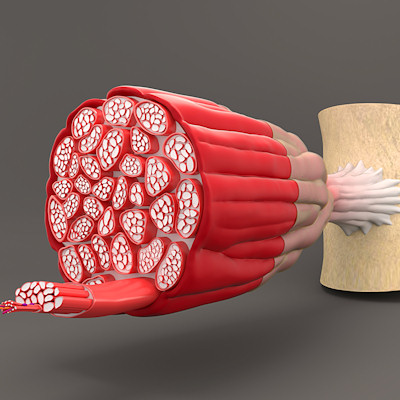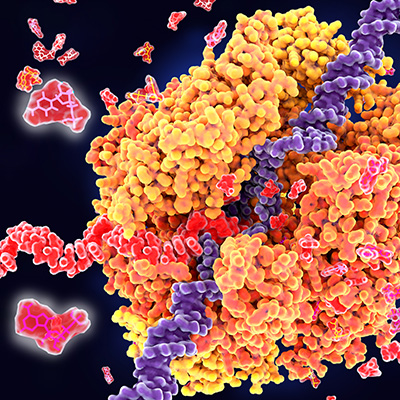September 27, 2022 -- New research suggests that earlier and more effective treatment for Duchenne muscular dystrophy (DMD), an inherited life-limiting disorder caused by a genetic mutation that attacks muscles, may be possible.
In their study, scientists at the U.K.'s University of Portsmouth and collaborators contend that new technologies may help produce improved therapies for DMD, which affects one in every 5,000 boys (eLife, September 27, 2022).
While girls are carriers, they rarely develop the disease. Children with DMD require a wheelchair by their teens; most die in their 30s.
Since DMD was previously believed to start in myofibers -- cells involved in contraction which make up the bulk of muscles -- research focused on these cells. The new research shows that the disease begins much earlier, in embryonic precursor cells called myoblasts that later become muscle fibers.
Myoblasts are essential for muscle growth and regeneration. The researchers found that myoblast function was severely affected by the absence of dystrophin -- part of a protein complex that strengthens and protects muscle fibers.
Previously, the research team modeled DMD to examine its development. They found abnormalities in embryos prior to birth. Most boys with DMD are diagnosed between the ages of 2 and 5; by then, the damage to their bodies is already significant. The delay in identifying DMD may be preventing therapeutic intervention that could slow disease progression.
"These findings are significant because they change the way we understand the disease," senior author Darek Gorecki, PhD, from the School of Pharmacy and Biological Sciences at the University of Portsmouth, said in a statement. "If we try to correct cells that are at the beginning of the pathological process, we might be able to delay muscle degeneration and extend a patient's lifespan. We can do this by identifying and treating DMD newborns and targeting myogenic cells."
Copyright © 2022 scienceboard.net










